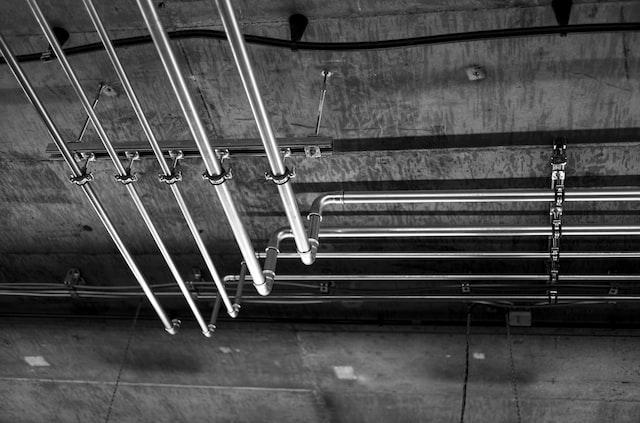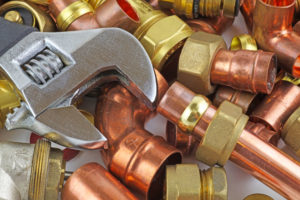
Do you know what goes into high-quality plumbing nipples? When it comes to your water system, you need to use the best products available. Plumbing pipes and nipples come in a variety of configurations and materials. So, what should you be looking for when it comes to your plumbing project?
When it comes to plumbing, soft metals are commonly used. Soft metals are a category of metal that is easy to dent, bend, and cut without losing its malleability. This quality makes it useful for a wide variety of applications. This metal is great for plumbing because you can work the material to suit the water system. Fortunately, many of these metals are suitable for plumbing as well. In fact, two of these soft metals are ideal for this application specifically. These two metals are copper and brass. Both of these materials have corrosion resistance to water, air-tight seals, and high endurance.
So, now that you know the best materials, what are the best nipples? Well, brass nipples are an excellent place to start. These nipples are made for commercial plumbing, oil, gas/steam applications, and OEM applications. While copper nipples are an option, Detroit Nipple Works does not sell those types of nipples. However, another option is stainless steel nipples. These nipples are used in industrial applications for aerospace, irrigation, and plumbing. There are also cut groove pipe nipples that are excellent for hot and cold water systems. All of these nipples are compatible with copper and brass pipes, meaning that you are guaranteed to have an air-tight and durable system.
When it comes to plumbing materials and parts, you can trust Detroit Nipple Works has everything you need for your project. Our company prides itself in producing quality tube products for our customers. You can submit a quote to see the cost of your current project.
When it comes to working with various metals, they are not all the same. Working with soft metals, such as aluminum, copper, or brass, can be a little more tedious than if you were working with steel. Why is this? What is the actual difference between metal and steel?
 Is there a difference? Yes, there is a difference between metal and steel. Soft metals include those such as brass, titanium, copper, nickel, aluminum, among others. The various metals are actually elements, think of the Periodic Table. Iron, itself is considered a soft metal. You wouldn’t think so, having comic characters like Iron Fist and Iron Man. Or, the Iron Man contests you’ve heard about or seen. Iron is also an element, but it is the base element in which you get steel. Steel combines Iron with various amounts of the carbon alloy. Technically speaking, it is not actually even a metal. The combination creates the strongest material used as a metal. Because of this, it is commonly used in construction applications, industrial applications, automobile industries, aerospace, hydraulic applications, as well as many other industries.
Is there a difference? Yes, there is a difference between metal and steel. Soft metals include those such as brass, titanium, copper, nickel, aluminum, among others. The various metals are actually elements, think of the Periodic Table. Iron, itself is considered a soft metal. You wouldn’t think so, having comic characters like Iron Fist and Iron Man. Or, the Iron Man contests you’ve heard about or seen. Iron is also an element, but it is the base element in which you get steel. Steel combines Iron with various amounts of the carbon alloy. Technically speaking, it is not actually even a metal. The combination creates the strongest material used as a metal. Because of this, it is commonly used in construction applications, industrial applications, automobile industries, aerospace, hydraulic applications, as well as many other industries.
Often times when working with soft metals, they are used as the base material for soldering or torch brazing. This is because at high temperatures soft metals can liquefy, acting as a “glue” for other metals, or steel. Steel would have to reach temperatures of around 1370 degrees before it would begin to melt, whereas soft metals melt at temperatures less than 100o degrees. 
Soft metals are often used in application such as:
For more information about nipples using soft metals or the harder steel tubing, contact us today. We are happy to discuss your needs for whatever application you have at hand. Bulk ordering and nationwide shipping is also available to you. Check out our pipe chart to find the sizes available and get a free quote today!